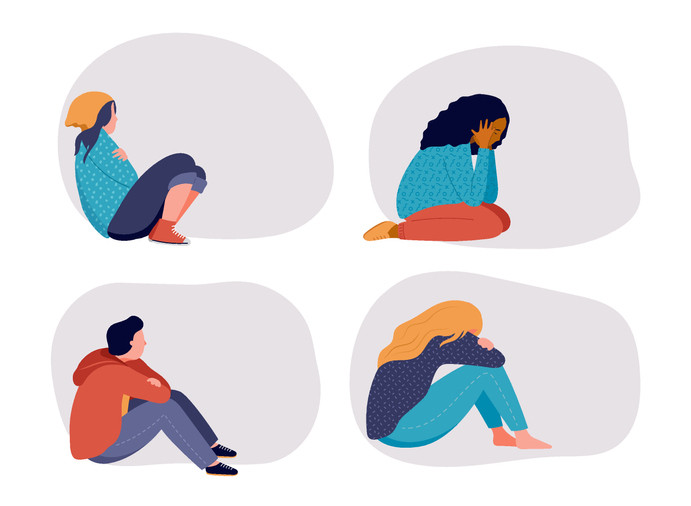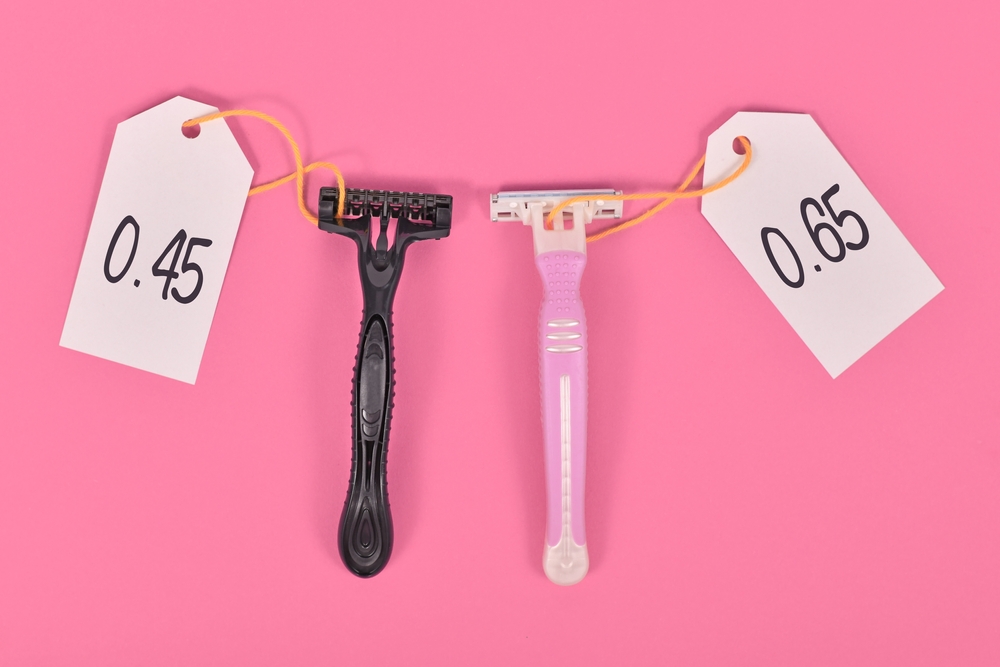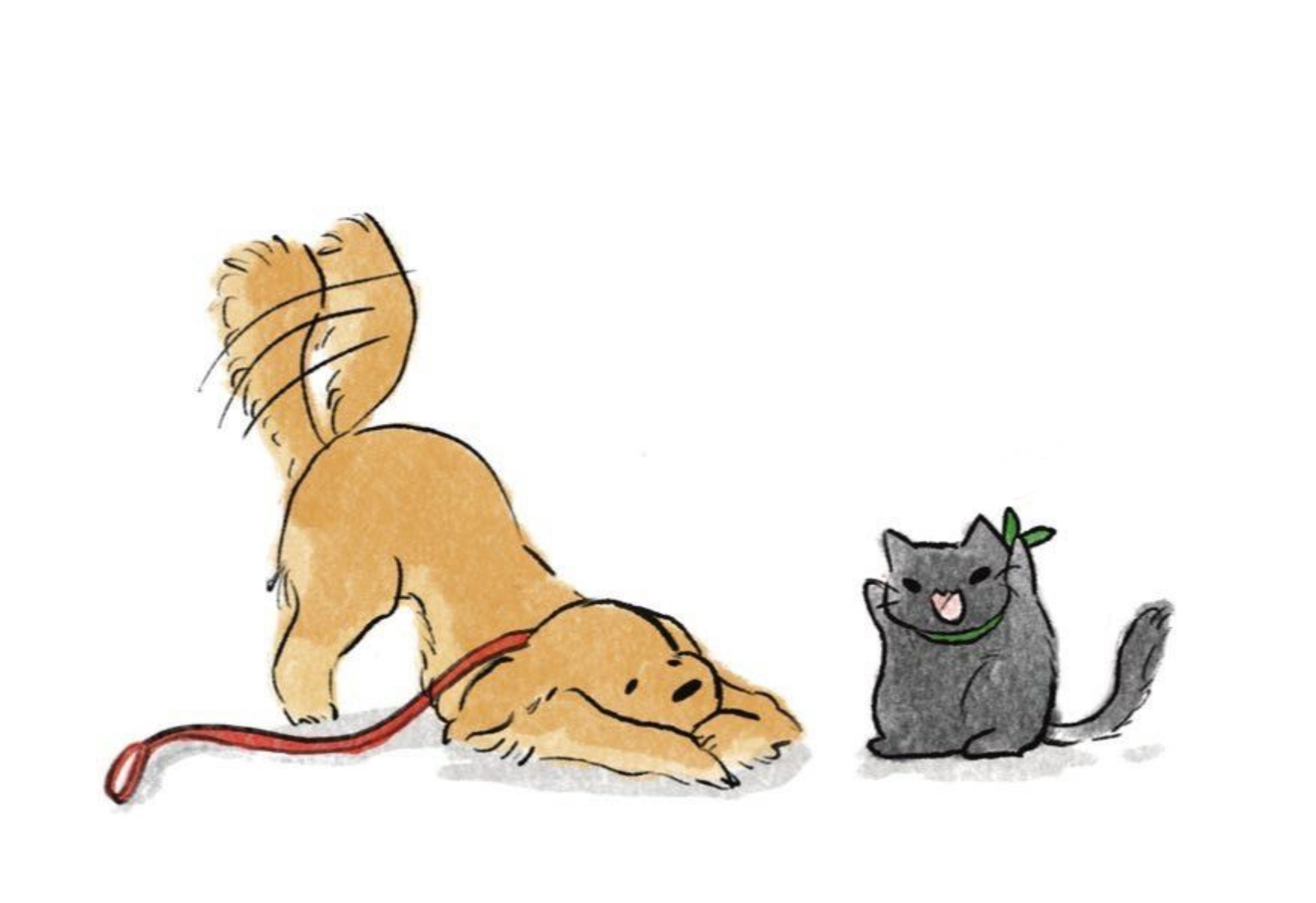Liora Manoim (12) | STAFF REPORTER
The tense and fraught past shared by archeologists, museums, and the First Nations people of Canada is no secret. For years, decades, and centuries, museums have stolen and detained several religiously and culturally significant artifacts from the First Nations people, and archeologists have assisted in this gross miscarriage of justice in the name of science and historical documentation.
But now archeology has more strict ethical standards. Now, the public has wisened up to the atrocities forced upon the First Nations people and has started to demand accountability from museums that are holding on to stolen artifacts. Archeologists are finally working with the First Nations People to explore Canada’s pre-colonial history, and it’s something that benefits everyone involved.
Involving First Nations people in the archeology regarding their ancient past has become the thing to do in Canadian archeology. One archeologist – Ryan Primrose, M.A. – has been going out of his way to hire Indigenous workers to help with excavations and digs; this provided work and education and allowed them to get in touch with the culture and past which colonialism and the residential schools stripped away from them.[1]

Now, though, Primrose has taken his work further. He has begun consulting and working alongside First Nations people and their elders to interpret and gain perspective on new finds. First Nations people are reclaiming their history, and now get to be the authors of their history that has not yet been written.[3]
In my opinion, this is how Canadian archeology should have been functioning all along. After all, wouldn’t the descendants of these ancient people – some of whom still live by some of those traditions and cultural practices – have the most valuable insight and interpretation of these sites and artifacts?
It may be a little late, but now is better than never. This collaboration is the first step to great improvements!



